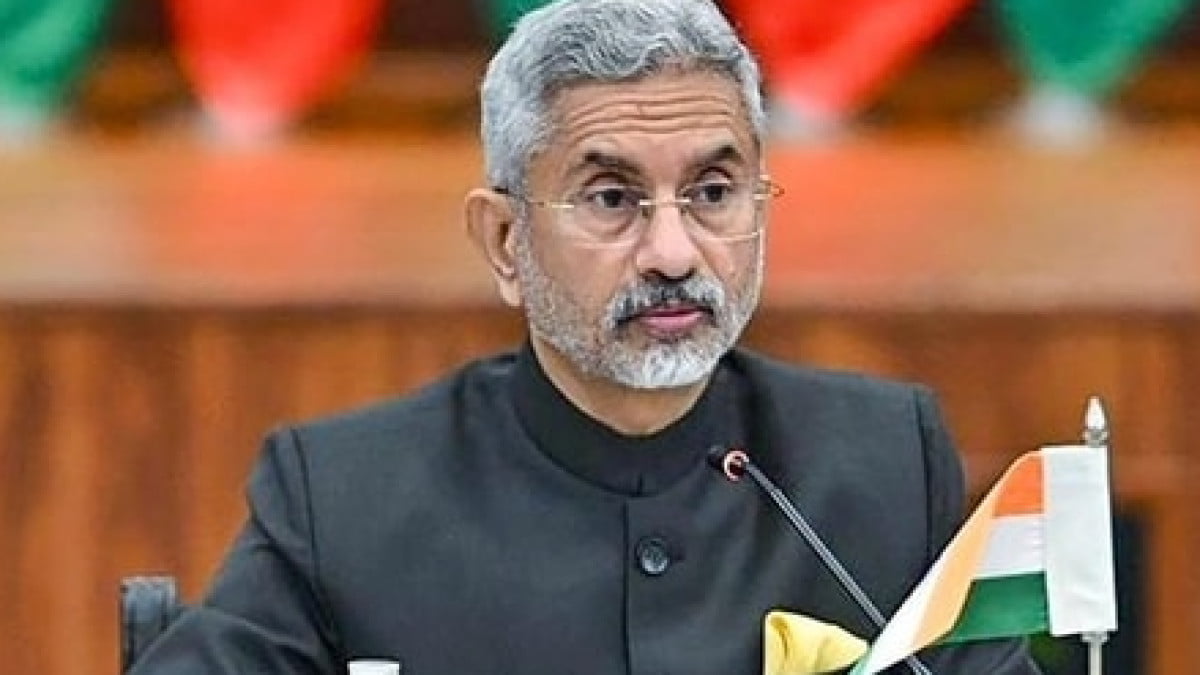NEW DELHI: India will want to keep the focus of the G20 foreign ministers’ conference next month on global difficulties such as rising food and fuel prices, spiralling inflation, and mounting indebtedness, according to sources familiar with the matter.
Fears are building in the West about a possible new Russian offensive around the one-year anniversary of the invasion of Ukraine on February 24, and any such move by Moscow would complicate India’s G20 chairmanship. The G20 foreign ministers are scheduled to convene in New Delhi on March 1 and 2, according to individuals, and the agenda is expected to be jam-packed.
NEW DELHI: India will want to keep the focus of the G20 foreign ministers’ conference next month on global difficulties such as rising food and fuel prices, spiralling inflation, and mounting indebtedness, according to sources familiar with the matter.
The emphasis will be on finding answers to these issues, some of which are a result of the Ukraine conflict. One person stated that the G20 must focus on the areas for which it was founded and has been working: macroeconomic and financial stability on a global scale.
Russia has already confirmed Sergey Lavrov’s participation in next month’s summit; nevertheless, given the continuing polarisation surrounding the Ukraine conflict, even a joint picture op featuring all the foreign ministers is improbable.
On March 1, the minister of external affairs, S Jaishankar, will host a networking dinner for foreign ministers, and there may be some discussions during the day. On March 2, the substantive discussions will be done across many sessions. The Indian side would strive to create an inclusive agenda, but it will be impossible to sweep thorny problems such as Ukraine under the rug, according to the individuals.
India’s G20 leadership would be inclusive, ambitious, decisive, and action-oriented, according to Prime Minister Narendra Modi. His message to Russian President Vladimir Putin that “today’s era is not one of conflict” was echoed in the joint communique issued at the G20 Summit in Jakarta last year. Following heavy lobbying by Indian and Indonesian diplomats after the majority of G20 meetings in 2022 concluded without consensus resolutions, this agreement was finalised.
President Joseph Biden made an unannounced visit to Kyiv on Monday and promised an additional $500 million in military aid, emphasising his country’s “unwavering commitment” to Ukraine ahead of the first anniversary of the invasion. In a separate incident, the head of China’s foreign policy, Wang Yi, travelled to Russia.
Many highlighted that despite the fact that many developing nations are neither parties to the Ukraine conflict nor located near the conflict zone, they were all affected by the crisis due to the interrelated and interdependent character of the world today. These nations are relying on India’s G20 leadership to address their issues in accordance with the fundamental purpose for the G20’s founding, which was to promote economic stability, amidst a perception that wealthier nations have not paid sufficient attention to such topics.
There is also a perception that the Ukraine situation is being pushed to the G20 because multilateral organisations such as the United Nations have failed to adequately address it. As a member of organisations as diverse as the Quad, BRICS, and the Shanghai Cooperation Organisation (ISO), India is capable of bringing countries together, bridging divides, and addressing polarisation, according to the people.
The Indian agenda for the G20 presidency includes methods to boost the Sustainable Development Goals (SDGs), green growth, digital inclusion, and changes of the Bretton Woods system and global financial institutions.
India will host the Global Partnership for Financial Inclusion (GPFI) summit in Hyderabad on March 4 as part of its financial inclusion efforts. This summit will bring together G20 members and fifty developing nations, including India’s neighbours.
“GPFI is an essential effort as part of India’s inclusive strategy that pulls other countries into the G20 so that they can benefit from it. That will be a chance for developing nations to voice their concerns and expectations, said the individual cited above. Pakistan is not one of the invited neighbours to this meeting.
